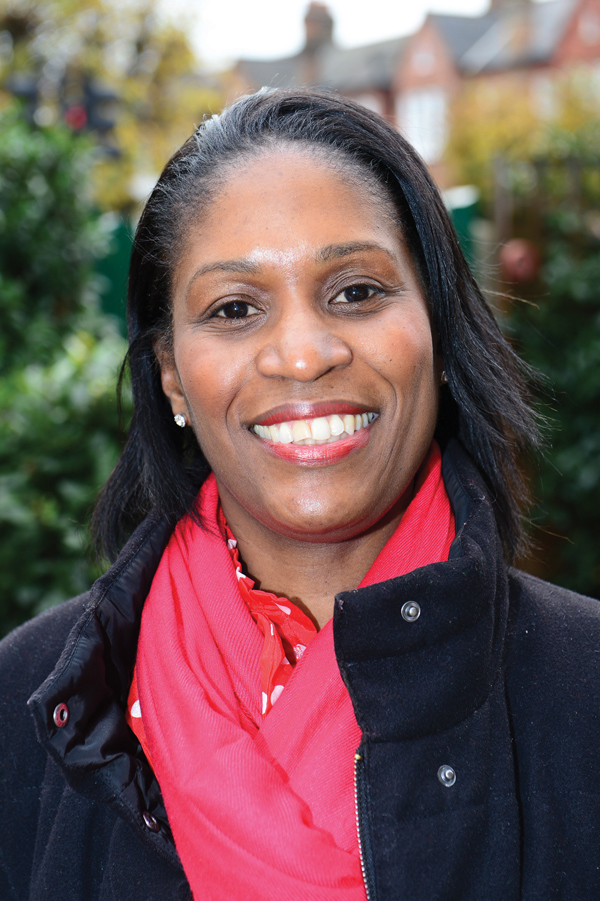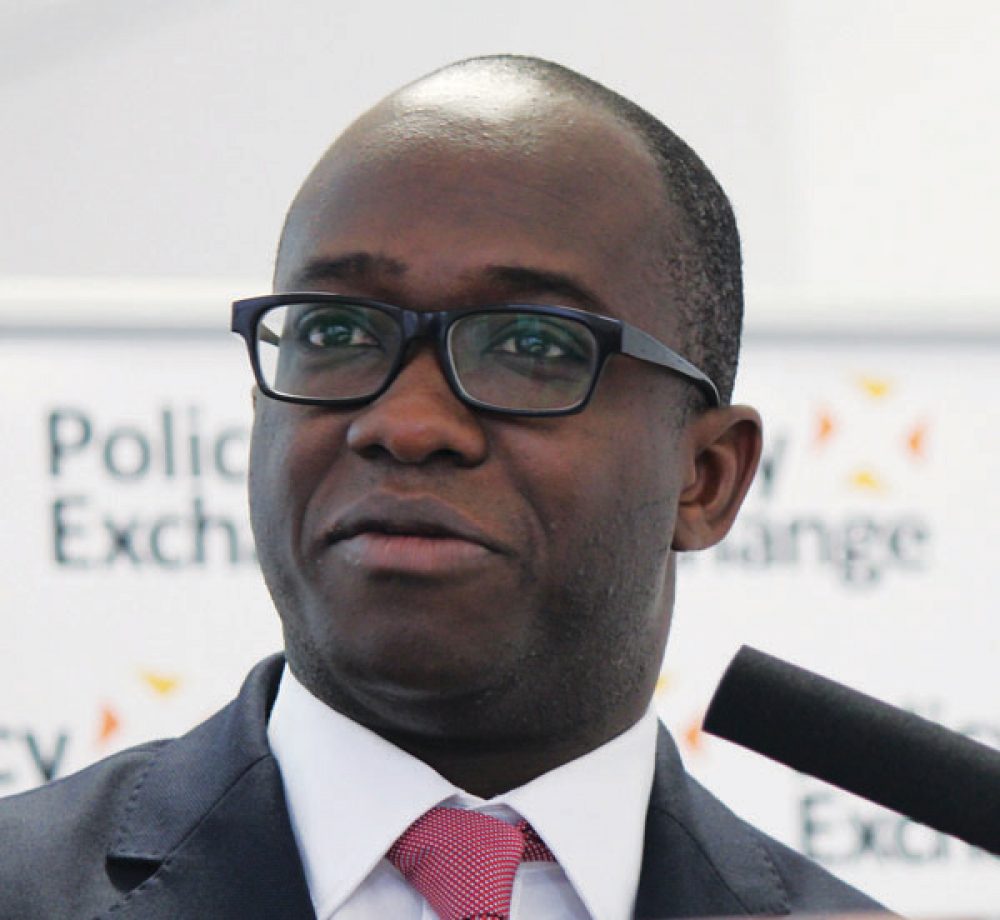Early years settings are facing a looming teacher shortage, experts have warned, at the same time as the government plans to extend childcare into schools.
Universities, unions and specialists have all spoken to Schools Week about the difficulties in recruiting early years teacher trainees.
In October 2014, childcare minister Sam Gyimah (pictured above) advocated school-led nurseries, saying “joined up provision” would be better for parents and children. Ofsted also backed this call.
But Schools Week has been told some university courses offering training for Early Years Teacher Status (EYTS) are facing closure due to low numbers.
About 45 providers across the country offer the training and are collectively expected to recruit 2,000 university graduates to start in September 2016. There is, however, a scarcity of applicants.
Deborah Lawson, general secretary of Voice the union, told Schools Week the low numbers mean “the sector is heading towards a recruitment crisis equal to that which we are experiencing in teaching”.
To gain EYTS, trainees must have the same qualifications as those hoping to gain Qualified Teacher Status (QTS) – a degree, at least a C grade in English, maths and science GCSEs, and pass a numeracy and literacy test.
But EYTS does not guarantee the same terms and conditions as QTS. There is no set pay scale and some providers only pay wages for 35 weeks a year, rather than an annual salary.
Ms Lawson added: “We have concerns about the differing terms and conditions and how that will impact on those working in early years.
“It seems the sector is expected to continue on minimum funding and maximum good will. Good will doesn’t pay the mortgage.”
The Department for Education (DfE) did not provide figures for how many early years teachers have gained EYTS.
University lecturers told Schools Week recruitment onto the new courses had been difficult.
Sally Pearse, principal lecturer in early years teacher education at Sheffield Hallam, said “the exclusion of graduates” who have gained EYTS from being able to switch into teaching made it a less attractive option.

She called on the government to look again at the plans and “map out a more coherent early years career pathway” including clear routes to senior positions.
Laura Henry (pictured right), managing director of an early years’ consultancy, agreed. She said: “There does not seem to be an incentive for people to gain EYTS if they can get better outcomes by going down the QTS routes.”
The lack of early years teachers is a problem for schools, which are increasingly being encouraged to expand into younger age groups.
Last January, the government announced a £5 million scheme to partner teaching schools with nurseries in a bid to “share best practice” and “drive up standards”.
The number of all-through schools, offering provision from 4 to at least 16, has also increased. At least 40 have opened in the last 18 months, with many enrolling pupils from the age of three.
The DfE said EYTS was designed for those who wish to specialise in work with babies and young children and as 80 per cent of the sector was privately-run, the government cannot mandate pay conditions.
A spokesperson said: “We are raising the bar and improving the care children receive by encouraging more graduates into the early years sector.”







Look to what you already have 13000 qualified Early years professionals . We are graduates especially qualified to teach birth -3. Stop wasting money on new initiatives look to what the government has already created and raise our profile. We are equal to Eatly Years Teachers. So we keep being told!
I am an EYT (2015) and have found that the qualification is just not recognised and understood by a lot of schools. The fact that it is just seen as “equivalent to QTS” and not QTS is a real sticking point. The amount of work that was needed to cover all of the standards and the fact that we also had to pass the numeracy and literacy tests needs to be recognised. Since taking the qualification I have seen no increase in my pay or been promoted to a class teacher – I currently work as an Early Year Practitioner in a London Prep School
Yes, The only job I can get with my PGCE in Leading Early Childhood practice and the EYT is supply teaching. I go in and have had outstanding observations in schools and then when offered a permanent job they look into the qualification and they won’t employ me. This course was a waste of effort, very disappointing it was very hard work a lot of travelling to University Lectures and I missed out on a year of my own children growing up. It needs to be recognised as a qualified teacher the same as for older age groups. It is a specialism in it’s own right, even into my third year I am still learning and improving my practice.